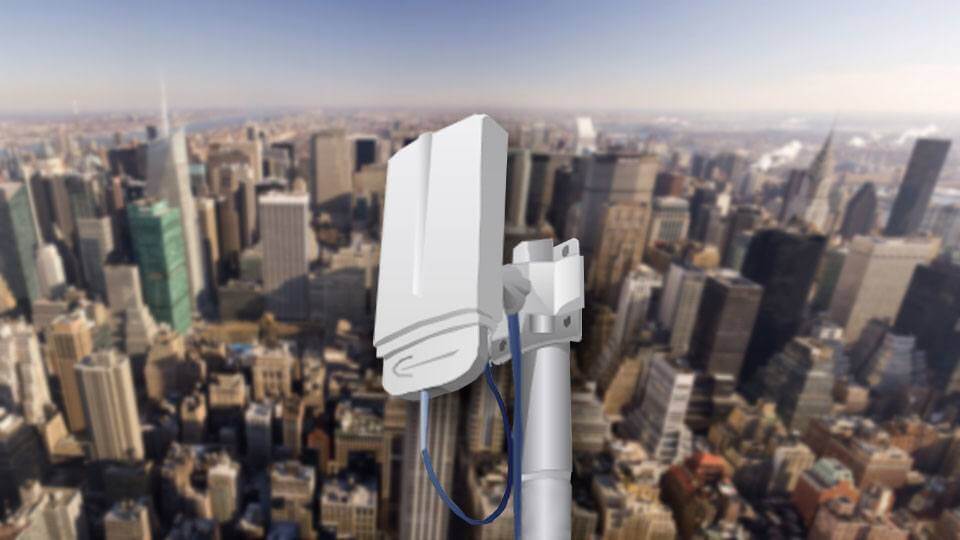5 Reasons Why Microwave Fixed Wireless Internet is Better than Fiber Optic Cable for Businesses

5 Reasons Why Microwave Fixed Wireless Internet is Better than Fiber Optic Cable for Businesses
With more business operations depending upon cloud operations, business owners are finding that microwave fixed wireless Internet meets their needs for increased bandwidth with improved reliability and performance when compared to fiber optic cable Internet services.
If you think fiber optics is the gold standard in broadband technologies, think again. Microwave fixed wireless internet is quickly becoming more popular than fiber as businesses are learning about its advantages. In a competitive business landscape, speed and Internet quality are directly linked to productivity, which, in turn, contributes to organizational success. Since an increasing number of business operations happen on the cloud increased bandwidth is necessary. Business owners are discovering that fixed wireless is a direct replacement to fiber optic based services because it meets their bandwidth needs with higher reliability and performance.
Here are five reasons that microwave fixed wireless meets the needs of business more effectively than fiber optic cable.
- Lower Latency
More hops in optical networks lead to more processing latency and noise. A fiber network encompassing a city has to traverse more points than a microwave to arrive at the final point. The reduced number of hops in microwave networks lowers end-to-end latency. Even a gain of a couple of milliseconds can add up to a sizable advantage for businesses and deliver a better internet experience with lower latency when compared to fiber optic networks. For businesses using a VoIP phone system, a great advantage of using low latency microwave fixed wireless Internet connection is superior call quality in comparison to what is offered when using fiber optic networks. - Reliability
When your business operations depend upon connectivity to the Internet, the reliability of your broadband connection is critical. One of the downfalls of fiber optic networks is that the cable runs underground, this leaves the network vulnerable to disruption due to damage caused by work being done in the street or the building. In comparison, a microwave fixed wireless connection is a point-to-point connection that meets or exceeds the reliability of fiber optic networks. - Microwave Fixed Wireless is as Fast as Fiber Networks
Most businesses are looking to subscribe to an Internet connection in the 20Mbps to 500Mbps range. Microwave fixed wireless can easily achieve these speeds with higher reliability than fiber optic networks. - Installation time
Having leased lines or new fiber equipment installed can be a time-consuming venture. Alternatively, microwave links can be installed within four to five days in comparison to the many weeks needed for fiber lines. - Dependability
Fiber and leased lines are not infallible. Businesses typically turn to fixed wireless Internet solutions after losing their fiber data connections due to a number of reasons. Some also install microwave as a backup to fiber to manage the risk of communication loss and minimize downtime.
With the increasing availability of microwave fixed wireless internet and the lower costs associated with this solution, adoption is expected to only increase in the future. To learn more about how microwave fixed Internet can benefit your business, contact our experts at Natural Wireless.
